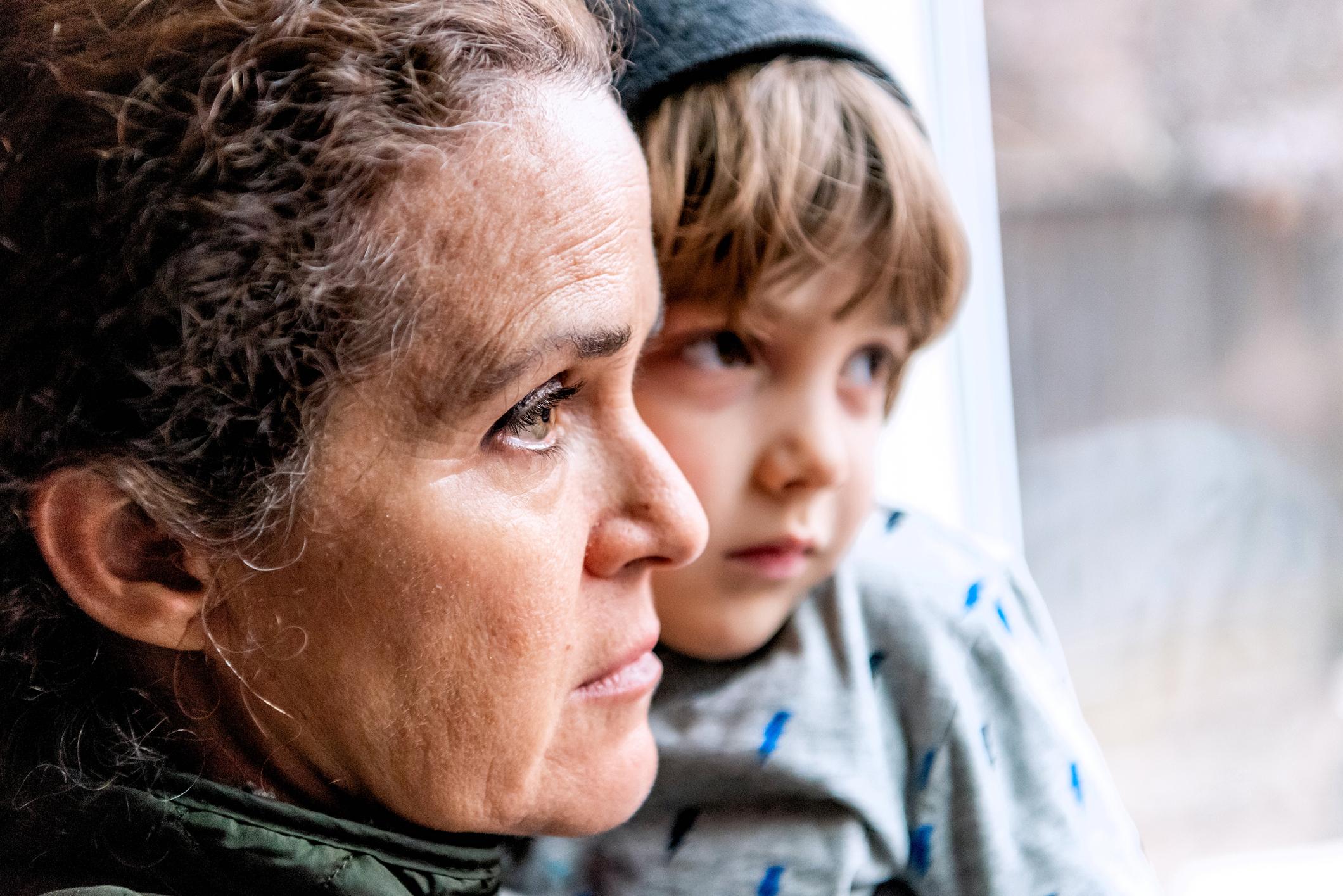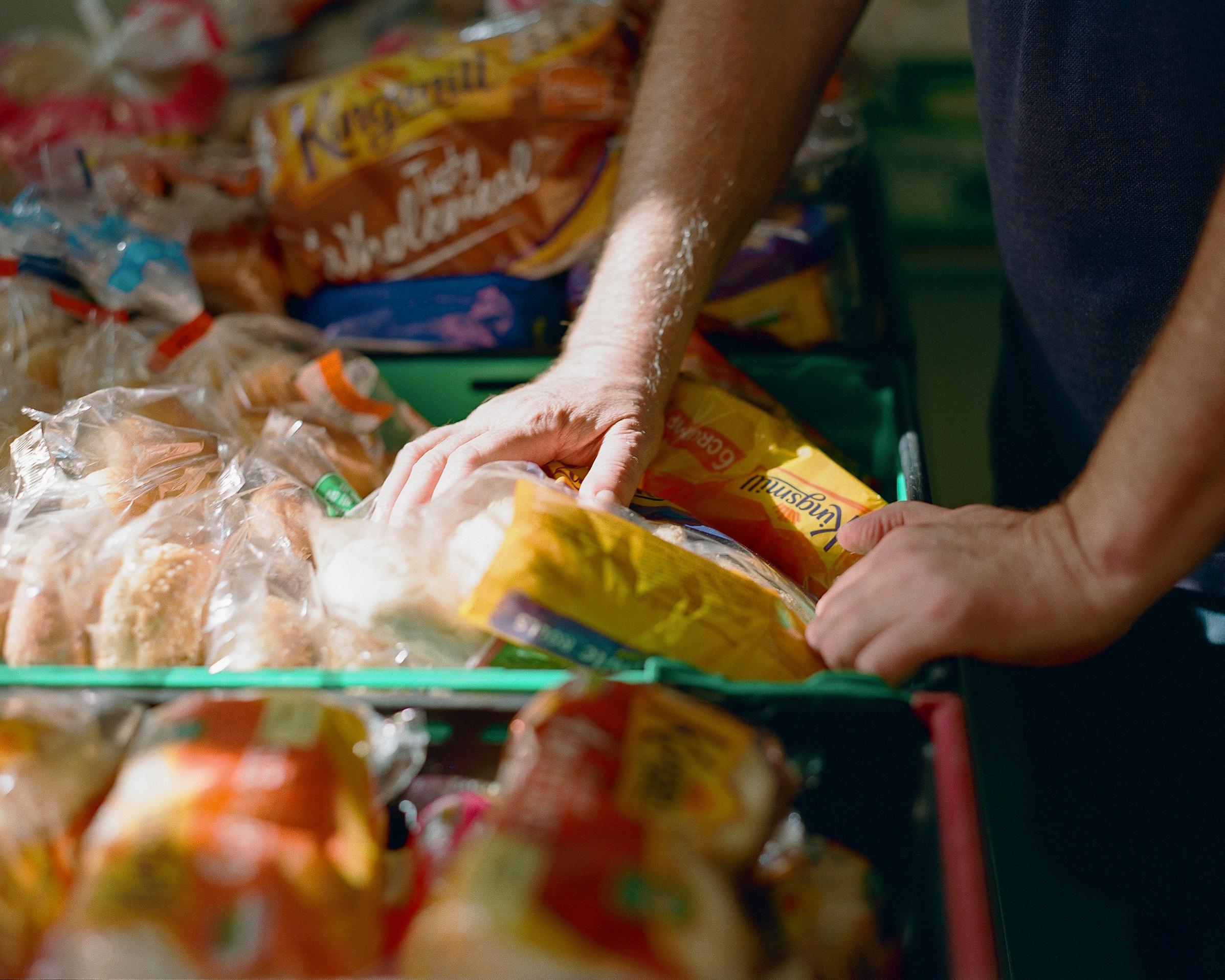
Designing out hardship and destitution
A solid foundation is essential for people to build their lives. Meeting basic needs such as adequate food, warmth, and secure housing is crucial for maintaining good health and engaging fully in society.
Destitution is now seen on a scale that no politician can ignore. This most severe form of hardship, where people cannot afford to meet the most basic physical needs to be warm, dry, clean and fed, was experienced by around 3.8 million people in 2022. Around 1 million of them were children. The number of destitute people has doubled since 2017. For children it has almost tripled (Fitzpatrick et al, 2023).
The cost-of-living crisis has thrown these experiences into sharp relief, but they are not new. A longer running trend of deepening poverty has been at work in the background for the last two decades. Between 2001/02 and 2021/22 the share of people in poverty who experienced very deep poverty (less than 40% median income, after housing costs) increased from 35% to 42%. Some 6 million people are living in very deep poverty according to the latest data (Taylor and Schmuecker, 2023).
Deepening hardship has serious consequences for our country
People need a strong foundation on which to build their lives. Meeting basic requirements like enough food, warmth and a home are necessary for good health and participation in society.
Going without basic essentials strips people of their dignity and damages social connections. People experiencing poverty repeatedly describe their world as shrinking. Not being able to afford to socialise, fearing the judgement of others and the stigma attached to poverty all lead people to turn inward. This increases social isolation and piles further pressure on people’s mental health, when they are already burdened with worry about how to cover life’s essentials.
This trend of deepening poverty is particularly damaging for children, affecting their opportunities to play and learn. This is especially the case when the experience is persistent, and some 400,000 children have lived in very deep poverty for at least three out of four years – a significant chunk of their young lives (Taylor and Schmuecker, 2023).
The individual costs are enormous, but so too are the societal ones. Some of these lie in the sheer waste of potential that follows in the wake of poverty. But we can also count them in terms of the cost to services dealing with the consequences of hardship, such as emergency accommodation when people are made homeless or the higher rate of anti-depressant prescriptions in deprived communities. These challenges are made harder by budget cuts that have seen many preventative services scale back or disappear entirely, while specialist services have increased rationing and raised their thresholds for support. The result is more acute – and ultimately more expensive – demand for services.
In a country like ours we should all be protected from hardship and destitution
In this series of briefings we outline four areas for national policy action to protect people from hardship. Achieving this will require more than just policy change – national government has a pivotal role, but other actors such as local government, service providers, employers, landlords and civil society also have parts to play. But our focus here is on some policy reforms the Government can make now to protect more people from hardship. We focus on:
- An income safety net – so everyone has enough money to at least afford the basics without having to rely on charity, and help is at hand in a moment of financial crisis to get people back on their feet.
- A place to call home – a home with a rent that people can afford that provides the stability people need to be able to build a life for themselves and their family.
- Strengthening the social safety net – so everyone has someone and somewhere to turn to in times of need, because income is not always enough to avoid hardship, and poverty has social, emotional and psychological aspects. Being able to find connection, purpose, and the right help at the right time are vital to protecting people from hardship.
- Protection for everyone in our communities – it should not matter who you are or where you come from; all members of our communities should be protected from hardship.
- Strengthening the foundations for security – protecting people from hardship will also require some broader shifts, like changing the labour market so jobs are secure and pay living wages, or building more social housing and thinking differently about how we use our existing housing stock.
References
Fitzpatrick S et al (2023) Destitution in the UK
Taylor I and Schmuecker K (2023) The dynamics of very deep poverty in the UK available online at https://www.jrf.org.uk/report/what-protects-people-very-deep-poverty-and-what-makes-it-more-likely (jrf.org.uk) [Accessed: 04 October 2023].
Thank you
We’re incredibly grateful to all of the people and organisations who gave up their time to speak to us, and share their expertise with us, as we developed these briefings. In particular, we wanted to say a huge thank you to: Barrow Cadbury Trust, Big Local, Disability Rights UK, Inclusion London, Institute for Public Policy Research, Locality, New Local, No Accommodation Network, Power to Change, Praxis, Shelter, StepChange and Trussell. Any errors and omissions in these briefings are of course the full responsibility of the authors. We’d also like to say a huge thank you to our JRF colleagues who worked with us to write and produce these briefings.

This briefing is part of the deep poverty and destitution topic.
Find out more about our work in this area.

